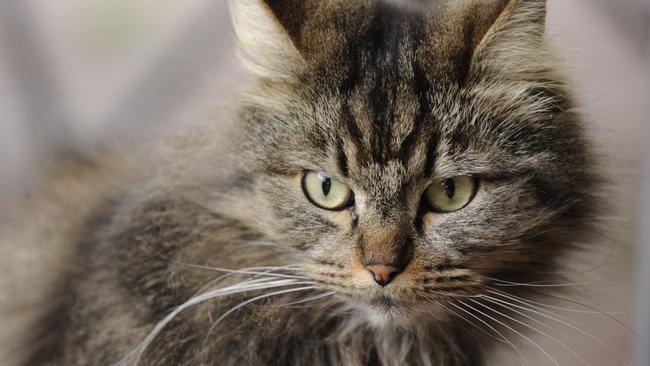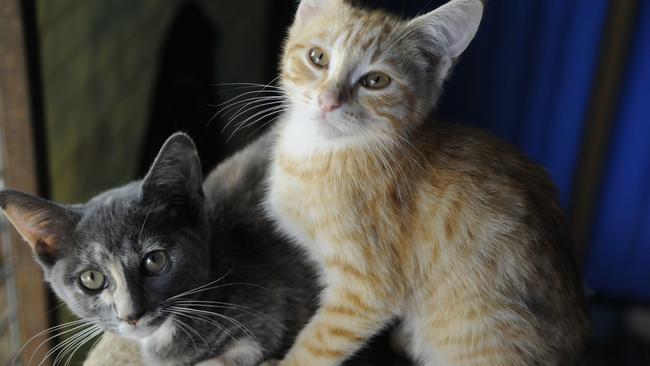Feral cats, Liverpool: Council investigates trap-neuter-return program to control feral cat numbers
A western Sydney council is investigating ways to tackle feral cat plagues in urban areas, including a desexing program to stop the feral cat plagues terrorising urban areas.

Liverpool
Don't miss out on the headlines from Liverpool. Followed categories will be added to My News.
A western Sydney council is investigating the potential for a trap-neuter-return program to help control feral and stray cat populations across the region.
Liverpool Council is looking into the legality of such an approach — which involves capturing unowned cats and desexing them to prevent further breeding — and whether it can be implemented at Liverpool Animal Shelter after Labor councillor Charishma Kaliyanda raised the issue at a council meeting.

Ms Kaliyanda said the problems posed by feral and stray cats had wide-reaching effects, from the destruction of native wildlife to endangering the safety of domesticated cats and the community.
Residents, wildlife carers and local vets frequently made their concerns known to her, she said.
“It’s one of the issues I get contacted about quite regularly in terms of residents highlighting issues with feral cats, whether it’s they’re hanging around behind shops or killing native animals.”
The council is investigating the feasibility of a trap-neuter-return program as well as other measures to mitigate the impacts of feral cats on the community, with a report to be brought to this month’s council meeting.
It also wants to involve local vets and clinics in providing pro bono services to help with the program and the rehoming of cats.

Ms Kaliyanda said one of the issues with trap-neuter-return programs was whether the release of cats after desexing would constitute abandonment and be deemed illegal under current legislation.
But she said “much of the feedback” from the community was that action needed to be taken to control feral cat plagues.
“The evidence around trap-neuter-return programs and their effectiveness suggest you do need to do it for a long time and it can be costly,” she said.
“But we are an area that believes in treating animals humanely and ethically. We don’t have an option of ignoring it.”
Ms Kaliyanda said she also supported more public education programs to promote responsible pet ownership across the LGA.
“People do need to understand when they enter into adopting a pet or buying a pet, they really need to be aware of the ins and outs of what that means.”
A report will be prepared for the council.
